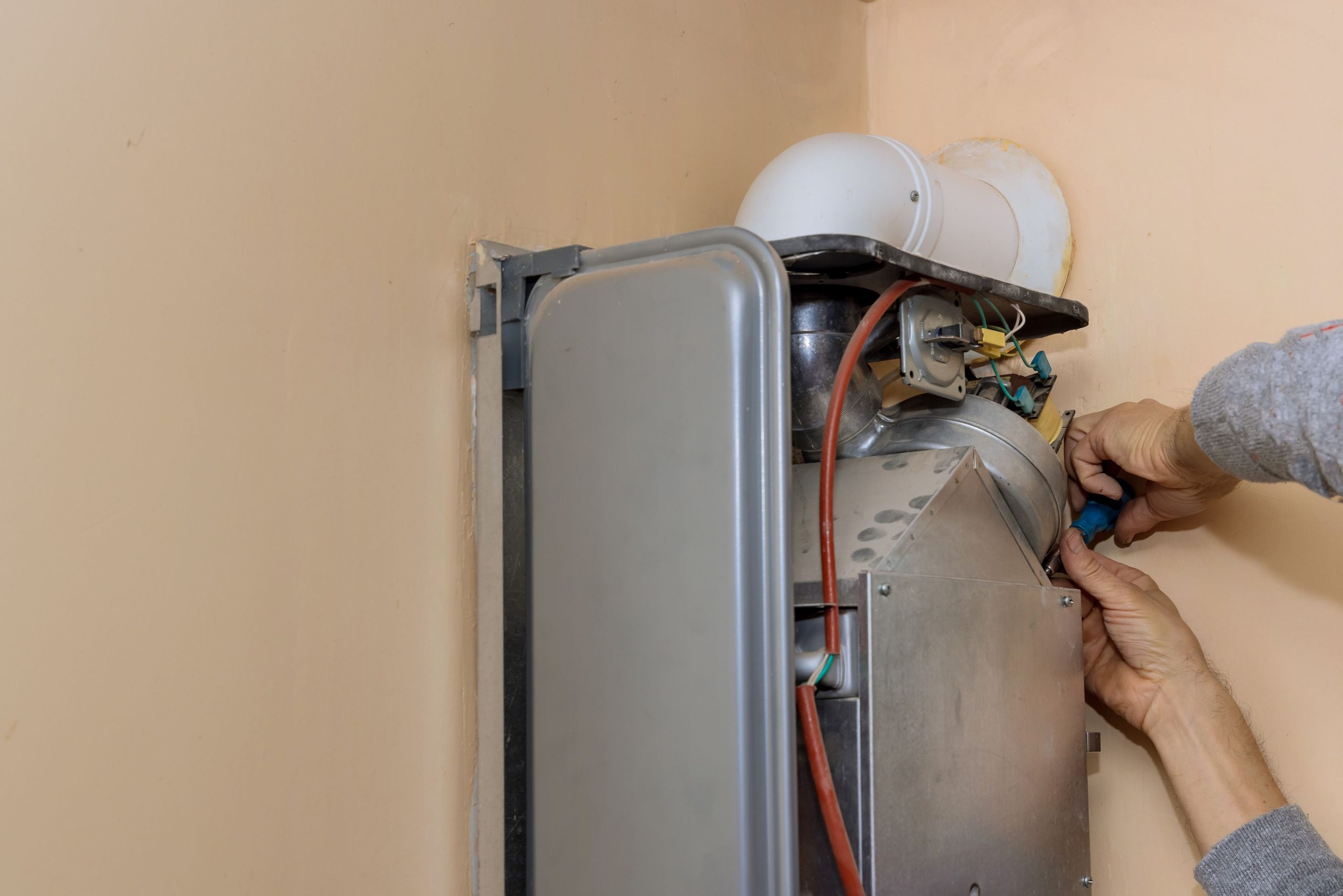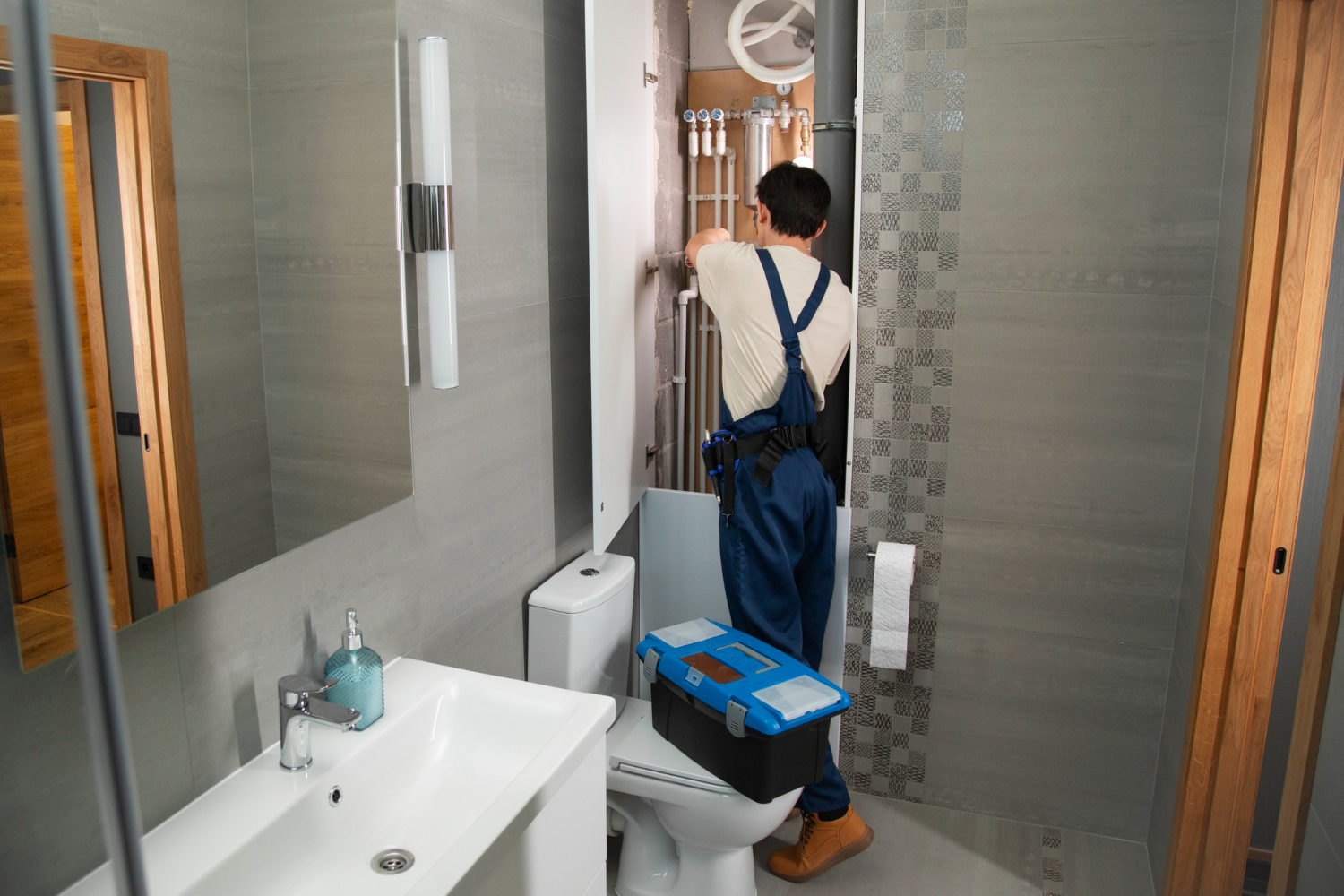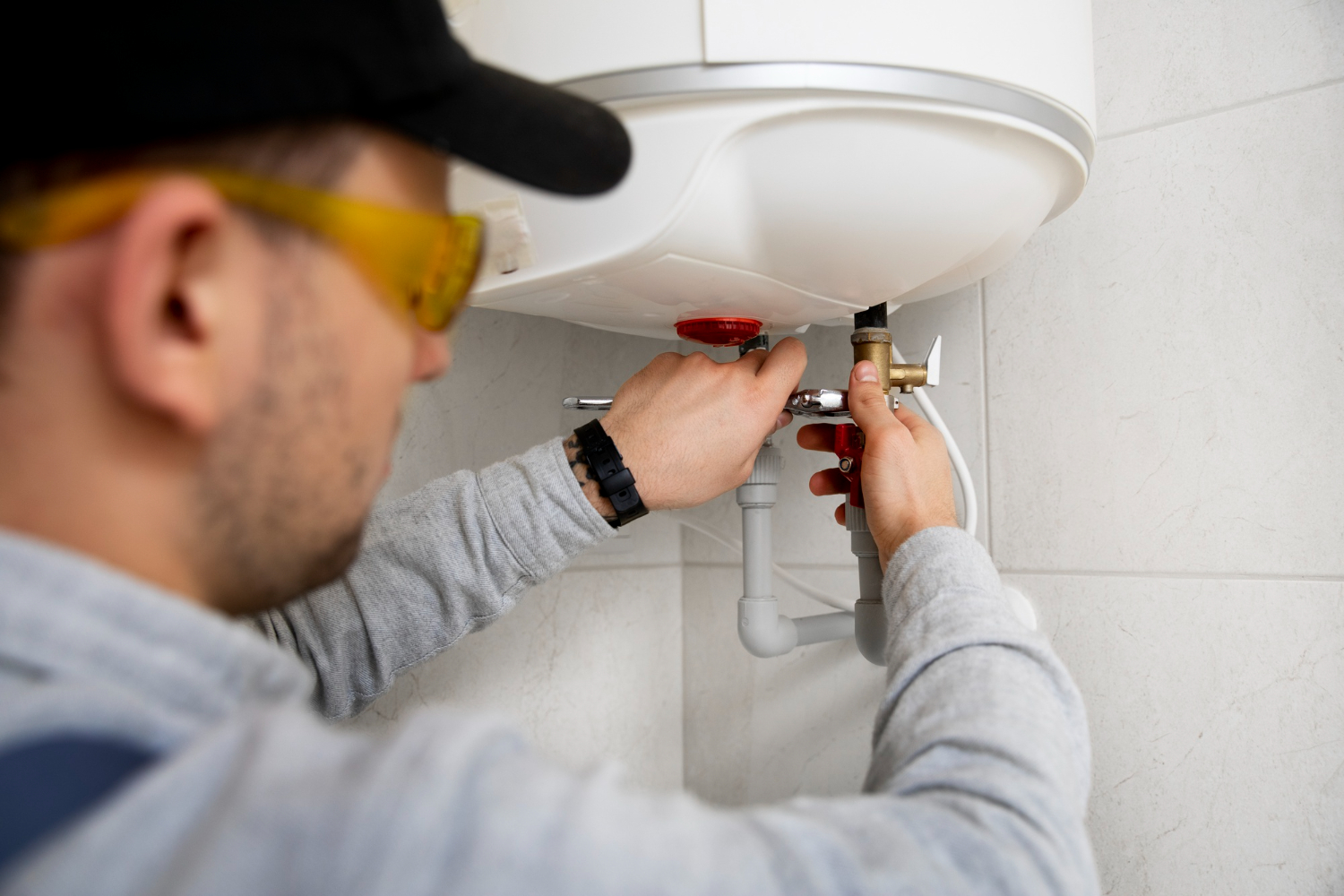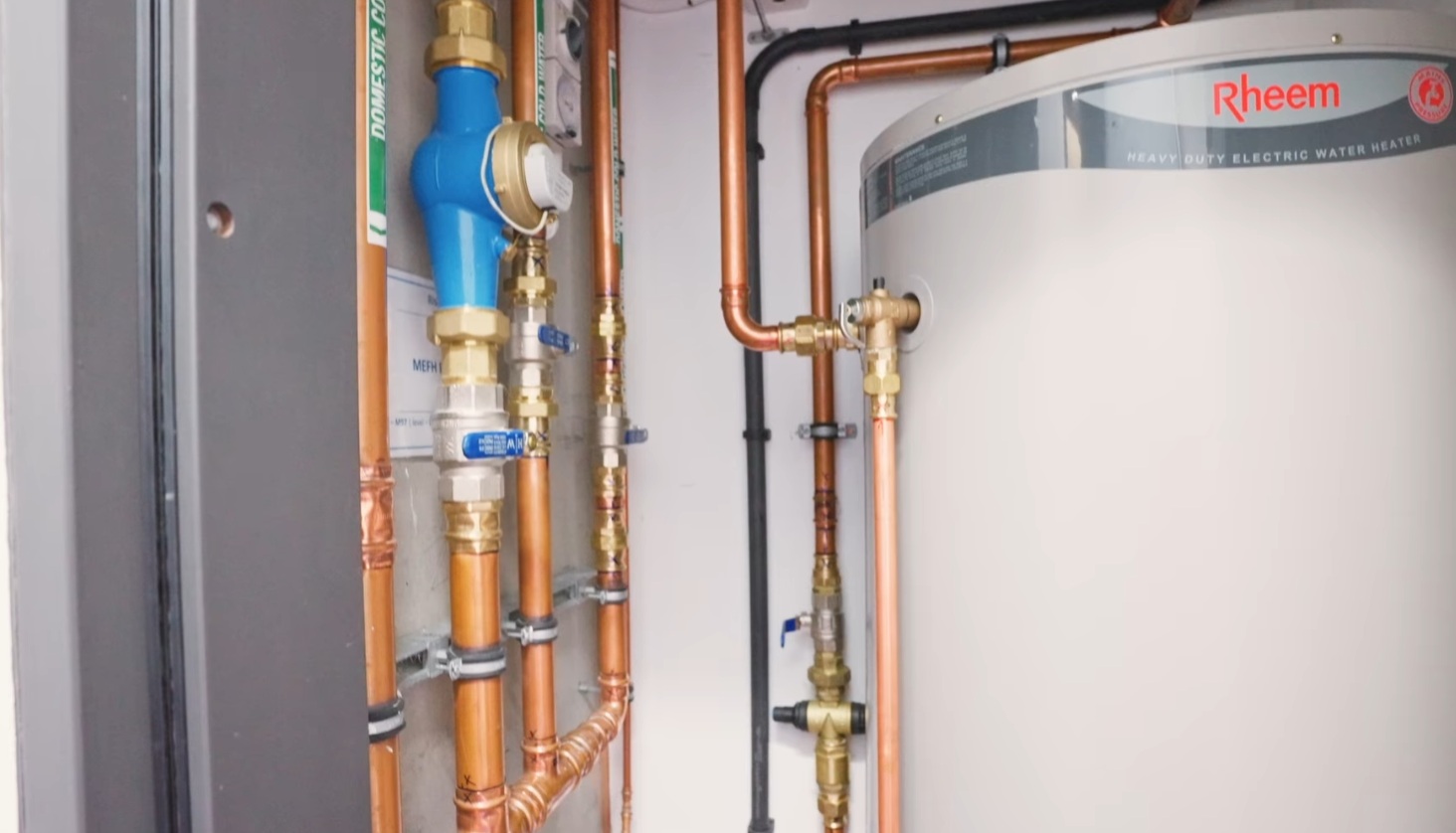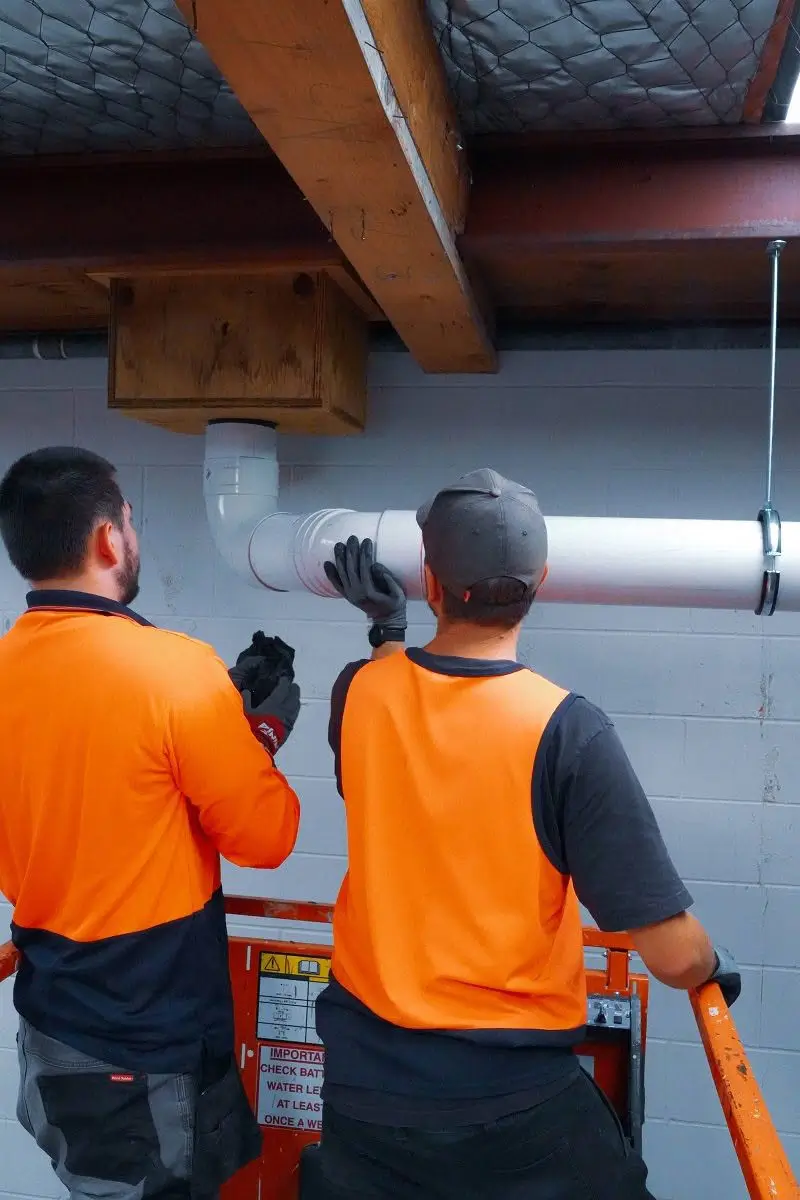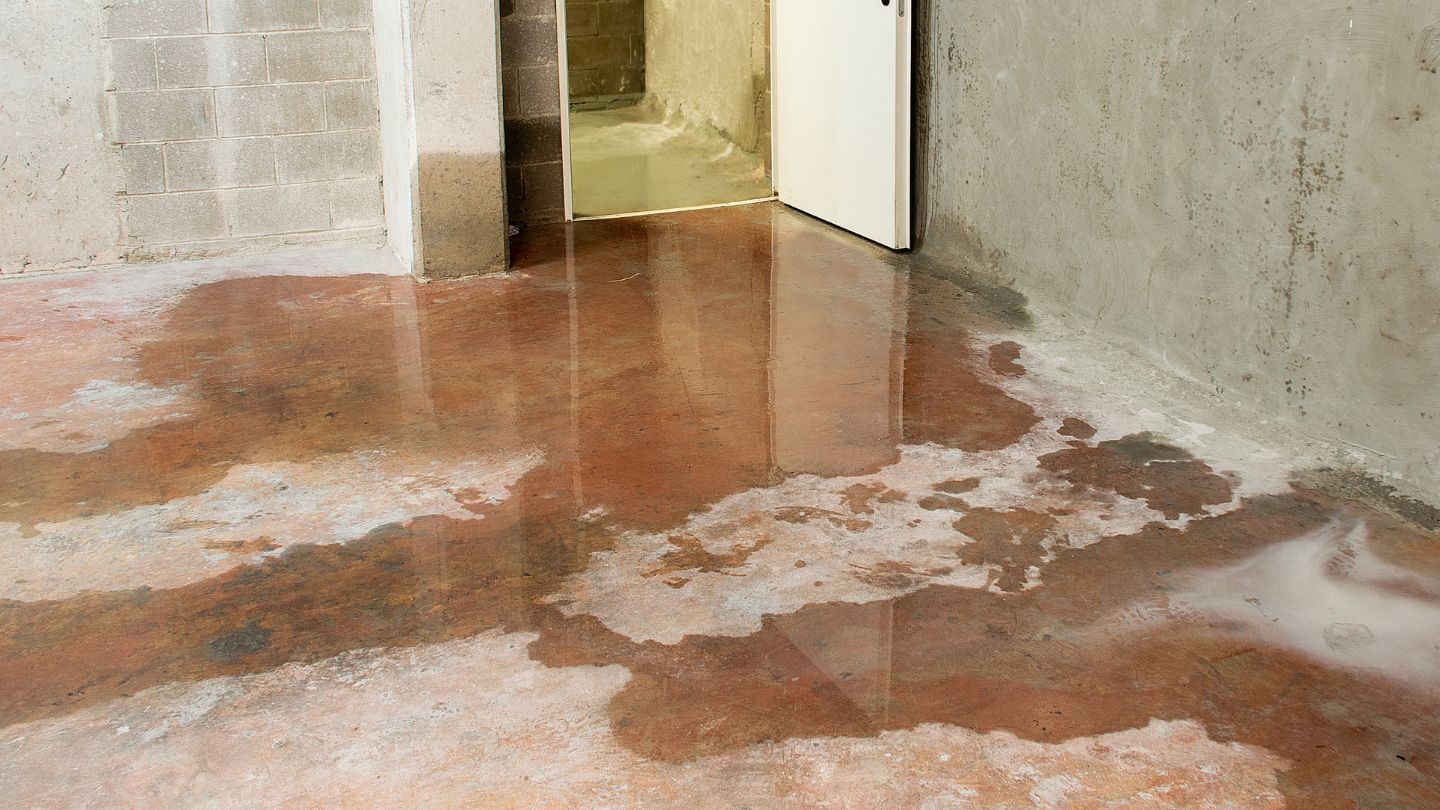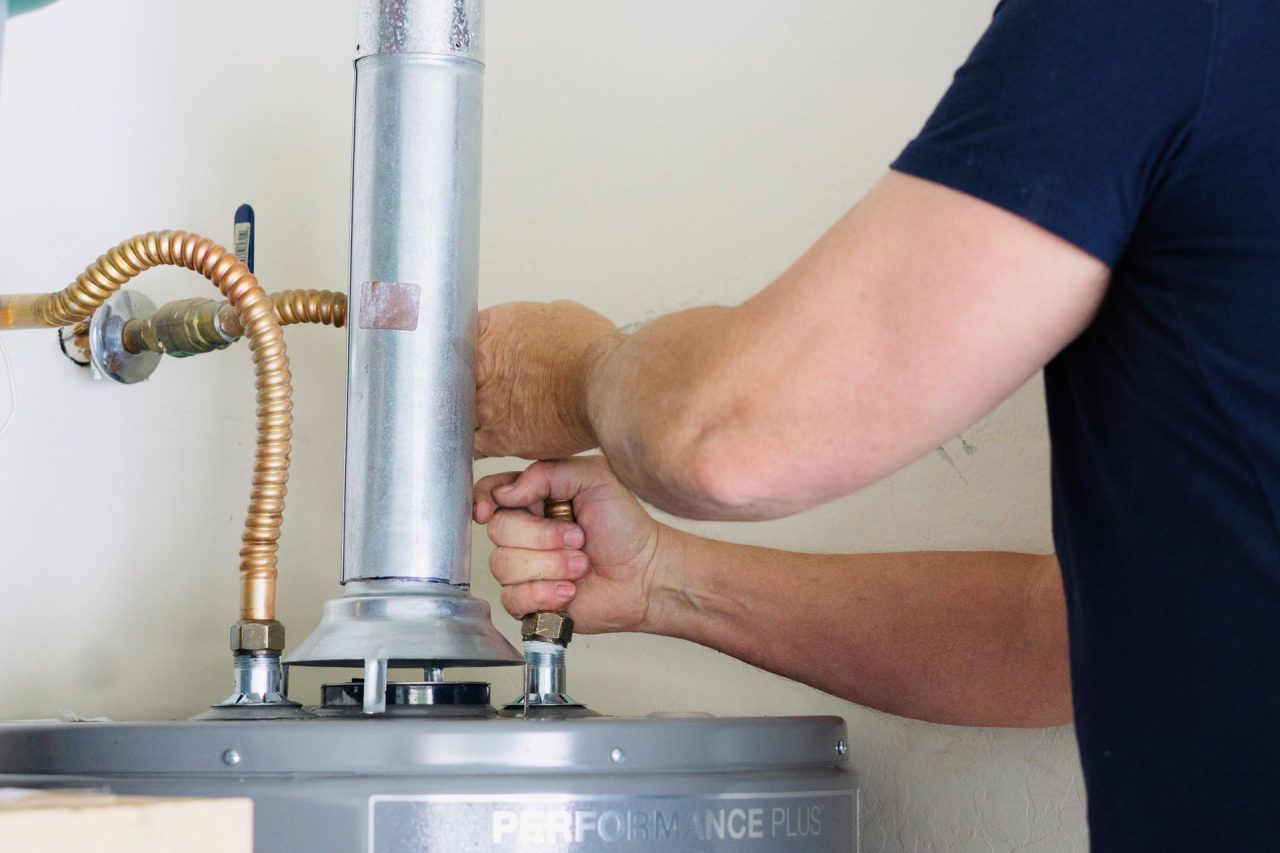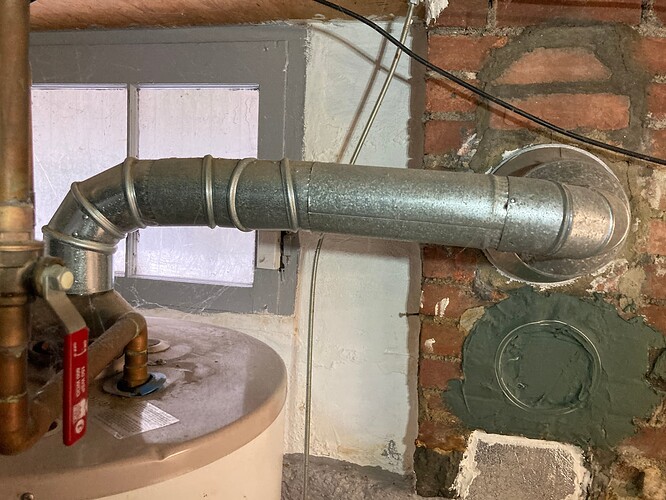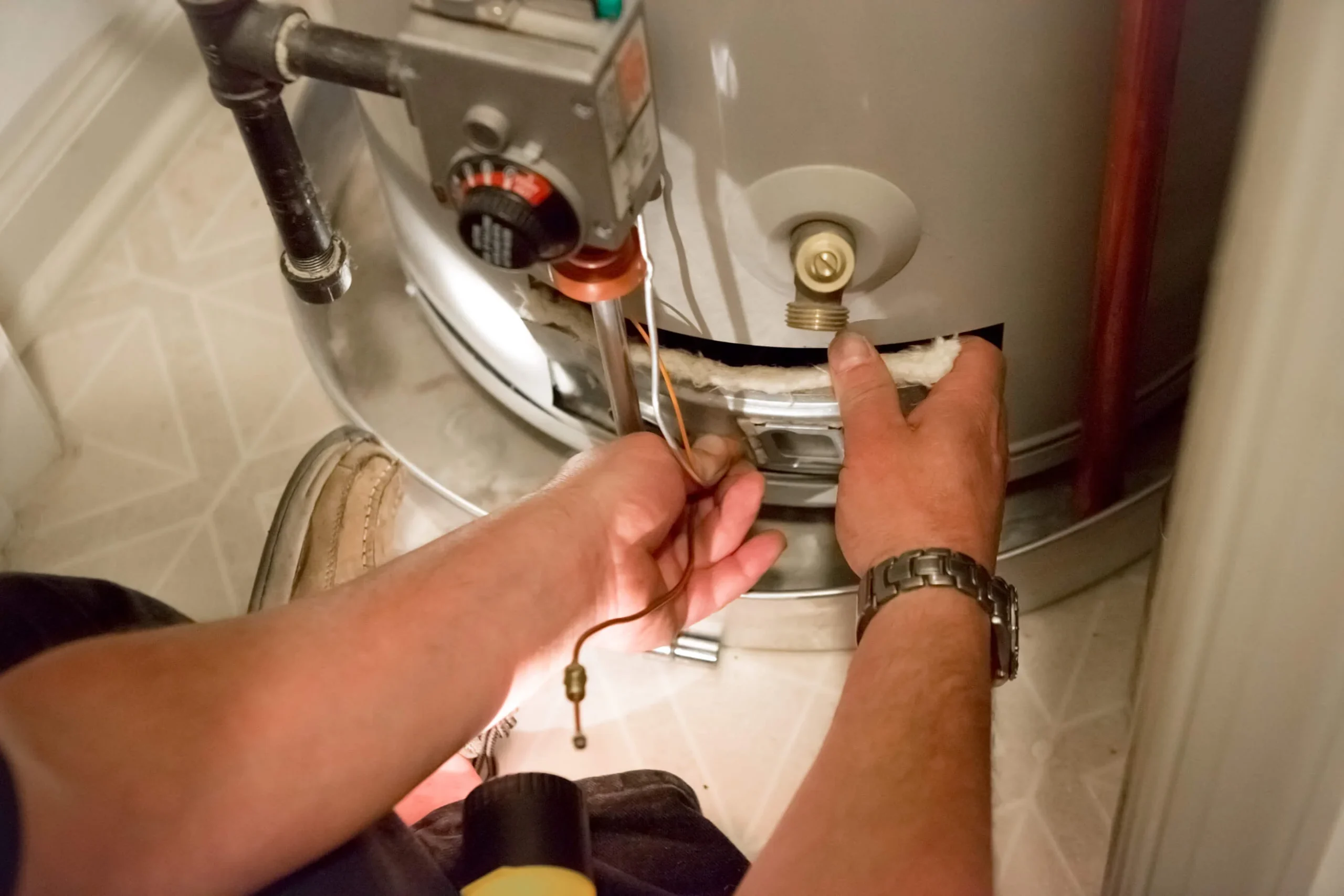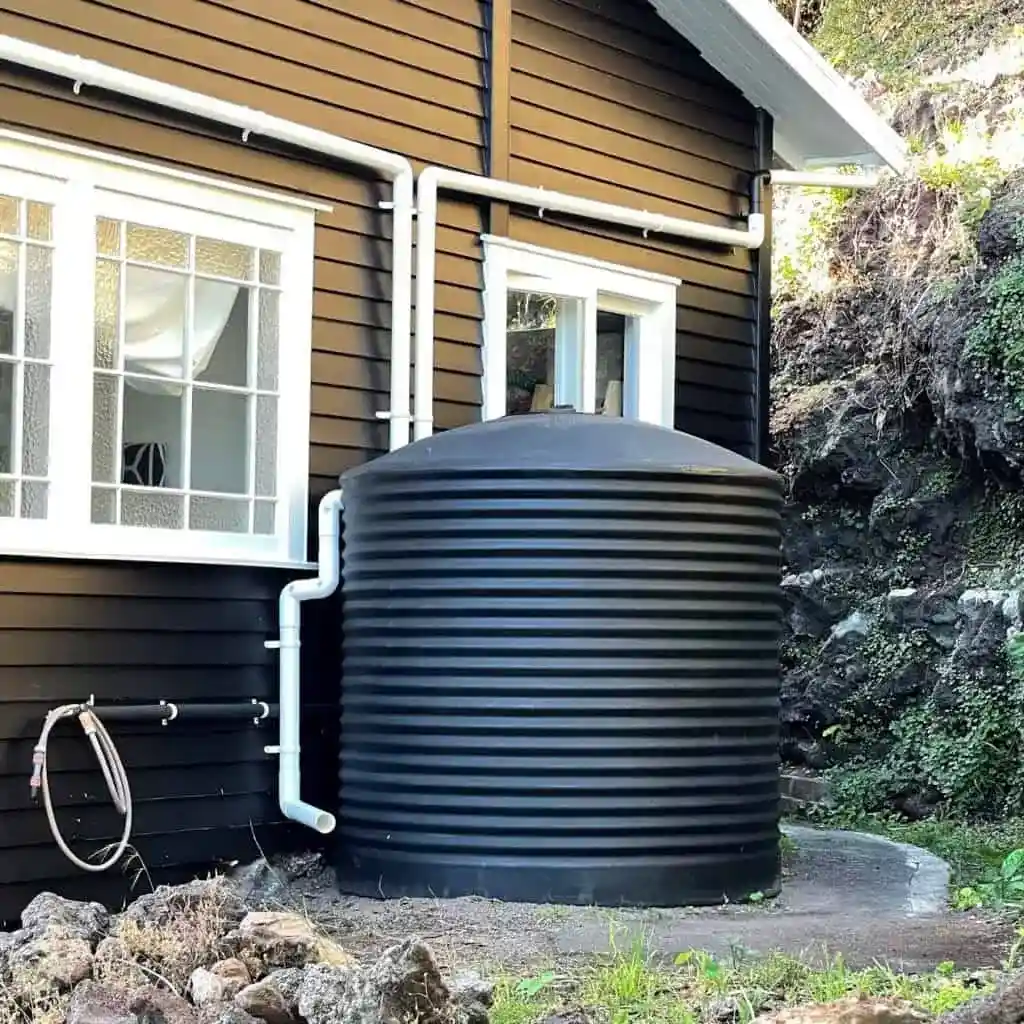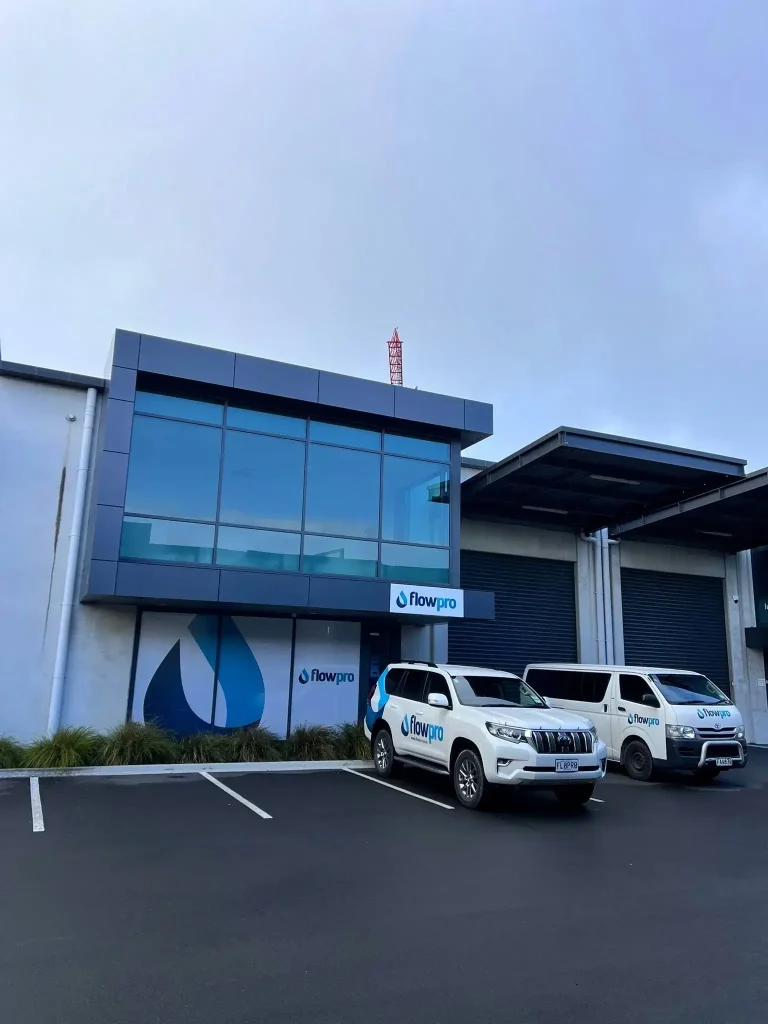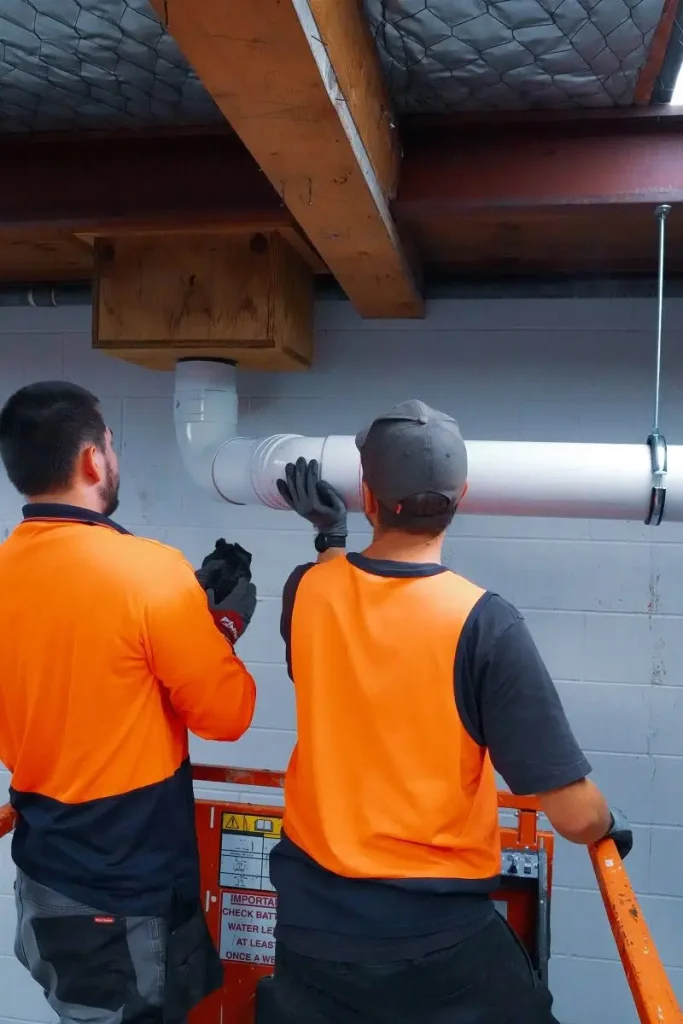Gas leaks from a water heater are serious and must be handled carefully. If you need to know how to check for gas leak water heater issues, the process starts with recognising warning signs like unusual odours, hissing sounds, or soot marks near the unit.
Many homeowners want hot water without the risk of a hidden gas issue. In this guide, you’ll learn practical steps to spot warning signs of a leak, do simple checks at home, and know when it’s time to call a licensed gasfitter.
Gas leaks aren’t always obvious, and a faulty water heater can put your household at risk. By knowing the right signs, you can catch problems early and take action to keep your home safe and your hot water reliable.
How to Check Your Water Heater Safely
While it’s crucial to be careful, there are a few straightforward checks you can do at home. Keep in mind you’re looking only for certain telltale signs. If you suspect anything major, always rely on a licensed gasfitter. Still, these basic tests can help give you an initial sense of whether you’re dealing with a leak.
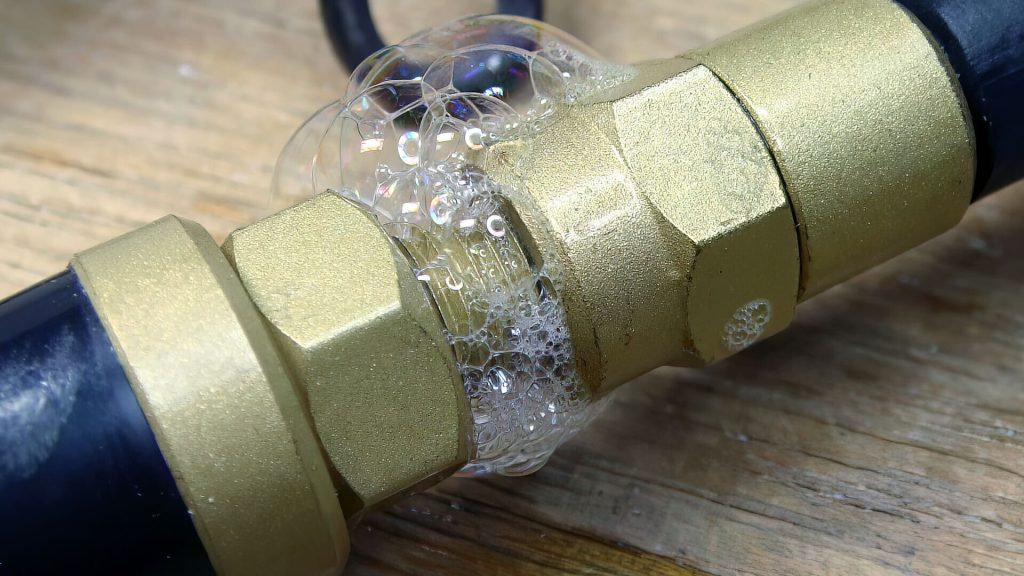
The Soapy Water Test
An old trick for spotting small gas leaks is to use a little dishwashing liquid mixed with water. You want a frothy solution that’ll form stable bubbles when applied to a surface. Once you’ve got your sudsy mixture:
- Turn off any open flames nearby (gas stovetops, candles, etc.) to be extra cautious.
- Use a sponge or cloth to dab the soapy water on the water heater’s visible gas connections and pipe joints.
- Watch for bubbles. If you see them forming or expanding, gas could be seeping out and creating pressure under the soap film.
The Smell Test
Stand close enough to identify any strong sulphur-like smell, but don’t linger too long. If the odour grows stronger when you lean in near a joint or fitting, that’s a good indicator you might have a leak in that specific location.
It’s best to check whether these signs come from your water heater area. If they do, you’ll want to move quickly to confirm what’s going on with the help of gas leak detection services to prevent further danger.
This simple check works surprisingly well for pinpointing hairline leaks. If you discover bubbles, don’t attempt a major fix yourself. Instead, move on to contacting a professional right away.
Watch the Pilot Flame
If your water heater has a pilot light, take a careful look. A healthy flame should be stable and blue. If it’s flickering, yellowish, or going out repeatedly, that could be a sign that your burner assembly or internal components aren’t getting the right gas flow. Sometimes, a clog or a loose fitting triggers that issue.
Check for Condensation
Although not a direct indication of a gas leak, constant moisture or condensation on the outside could mean excess heat or improper venting. When a gas water heater doesn’t vent properly, it can lead to a buildup of combustion gases in the home.
If you see persistent water droplets on the heater or in its immediate area, it’s worth investigating further to rule out any unsafe operation.
Mistakes to Avoid When Checking for a Gas Leak
While curiosity is good, some actions can do more harm than good. Let’s clear up what not to do when you suspect you might have a leaky gas water heater.
Don’t use flames to find leaks
It might sound obvious, but never use candles, lighters, or matches to pinpoint a suspected gas leak. Even small leaks can ignite quickly, and that’s a big risk you don’t want to take.
Don’t attempt major fixes
If you suspect your pipe or valve is damaged, do not try sealing or replacing it yourself. Instead, step away from the unit, shut off the supply if it’s safe to do so, and book a professional gas safety check to confirm the source of the problem.
Don’t ignore suspicious odours
If that rotten egg smell keeps popping up, you might be tempted to open a window and hope it goes away. That’s a mistake. Gas leaks can worsen quickly and build up to hazardous levels. When in doubt, always investigate further or call a professional.
Don’t switch on electrical appliances
In the presence of a noticeable gas smell, avoid turning on electronics, lights, or anything that could spark. Even a tiny spark can ignite gas in a confined space, so keep the environment as safe as possible until you’re sure everything is clear.
Immediate Steps to Take When You Suspect a Gas Leak
If you’ve done a few checks and see strong indicators of a leak, you don’t want to hang around debating your next move. Gas can accumulate and create a dangerous environment, so it’s important to react quickly, even if the leak seems small.
Turn off the gas supply
Most water heaters have a shutoff valve on their gas line. If you can easily and safely access that valve, turn it off right away to stop the flow. Just remember that if you smell a heavy concentration of gas, do not risk flipping that valve in a poorly ventilated room. If in doubt, step outside and call for a licensed gasfitter.
Ventilate the area
Open windows and doors to let fresh air in. This simple step gives any trapped gas a path to escape and helps reduce the risk of inhalation or ignition. Even a little breeze can dissipate lingering gas quickly.
If your system already struggles with airflow, it may also be worth checking whether your setup meets gas hot water heater venting requirements, since proper venting plays a major role in keeping your home safe.
Leave the house if needed
If the smell is strong or you feel unwell, don’t hesitate to evacuate your home. A major leak is nothing to play with. Get everyone out and wait somewhere safe, like a neighbour’s house or even your car if the air outside is fresh.
Call emergency services
If you believe there’s a severe leak or you’re feeling dizzy, nauseous, or fatigued, contact emergency services right away. Gas is extremely flammable, and you never want to gamble with your safety or that of your family. The sooner you alert the proper authorities, the sooner they can help resolve the situation.
Call a Licensed Gasfitter
A qualified gasfitter knows the latest safety codes, has the right tools, and can fix or replace components properly. Trying to patch a leak on your own can backfire, especially if you don’t have the specialised equipment or a solid understanding of gas flow and pressure.
Remember, not every leak is obvious or easy to fix. A professional can also spot subtle issues that could lead to bigger problems later, like hairline cracks in valves or corroded pipes.
Ensuring Compliance
Depending on where you live, there are likely regulations that require licensed tradespeople to handle gas-related work. Not only does this keep you and your family safe, but it also helps you stay compliant with insurance requirements. The risk simply isn’t worth going the DIY route.
What to Expect From a Visit
When a gasfitter arrives, they’ll usually test and inspect your water heater, gas lines, and connections. They might disassemble parts of the unit to see where the problem lies, or even check your home’s overall gas system for related issues. Once the problem is identified, they’ll discuss repair or replacement costs with you. You should expect them to do a final test to confirm everything is secure and safe before leaving.
Costs of Professional Repairs
While the exact price depends on the nature of the work, paying for professional help is small compared to the potential damage (or danger) from a neglected leak. A correct, code-compliant repair is far cheaper than dealing with bigger events like gas poisoning, structural damage, or a house fire.
Book Your Check for Gas Leak Water Heater With Flowpro Today!
Gas leaks around your water heater are not something to leave to chance. By staying alert to warning signs like odours, irregular flames, or pilot light issues, you can act early and avoid serious risks. The safest step is to call a licensed gasfitter as soon as you notice anything unusual.
Flowpro’s licensed team can carry out a full gas safety check, repair faults, and make sure your system is fully compliant. That way, you can enjoy reliable hot water without worrying about hidden hazards.
Call 098024984 or email plumbing@flowpro.co.nz today to schedule your gas leak inspection and let Flowpro keep your home safe.
